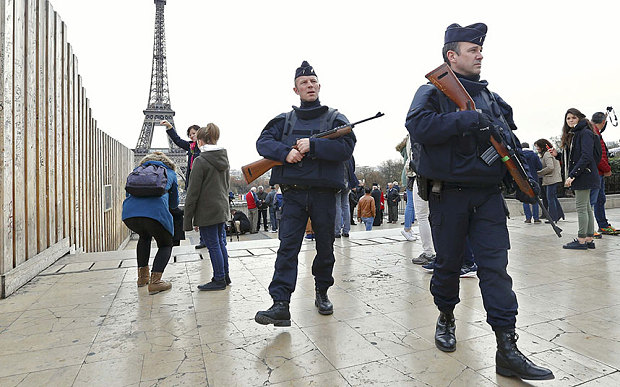
The terrorist attacks in Paris and more recently in Brussels are leading investigators to look at the Francophone factor in the spread of Sunni Islamic extremism in the world, write William McCants and Christopher Meserole in the Brookings Institution blog Order from Chaos (March 25). The researchers looked at the number of Sunni foreign fighters from various countries (to places such as the Islamic State), as well as the number of attacks carried out from within these nations, and found that the best predictor of foreign fighter radicalization was whether the country was Francophone, that is, whether French was its national language. McCants and Meserole add that by studying the proportion of radicals in a Muslim population rather than just the numbers of these individuals, Belgium alone “produces far more foreign fighters then either the United Kingdom or Saudi Arabia.”
Even more than a country’s wealth and level of education, it is the French political culture and its aggressive secularism that is the most significant factor in producing Islamist violence, according to the researchers. France and Belgium are the only two European countries to ban the full veil in their public schools. They are also the only two nations in Western Europe to fail to gain the highest rating for democracy. The “Francophone effect” is actually strongest in countries that are the most developed, with high standards of healthcare and literacy. McCants and Meserole conclude that when combining cities with pockets of high youth unemployment, such as Paris and Brussels, plus the “strident French approach to secularism, Sunnni radicalism is more appealing.”
(Order from Chaos, http://www.brookings.edu/blogs/order-from-chaos)
